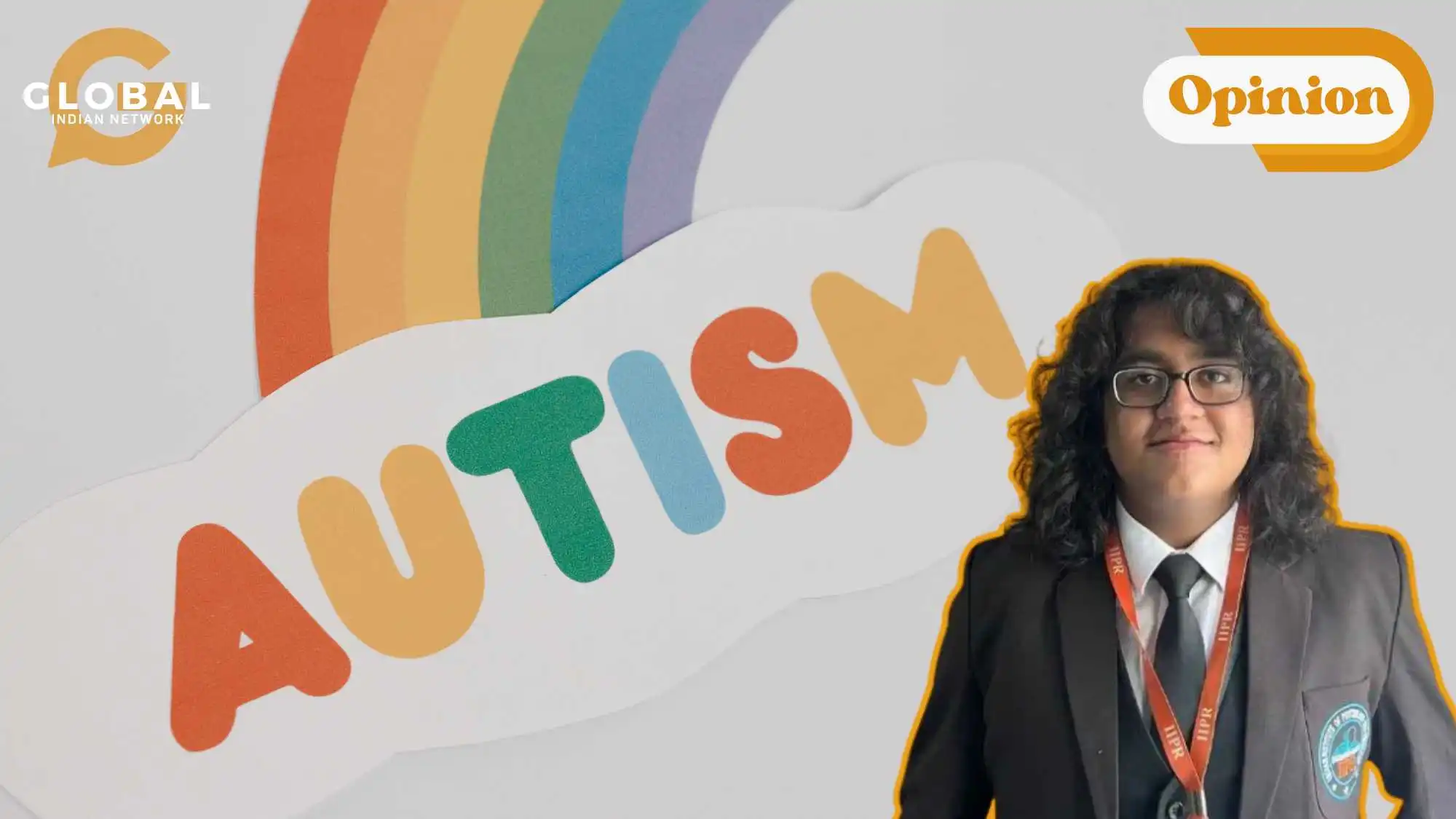Over the course of the last decade, the world has seen countless new technologies and innovations emerge, possibly none more groundbreaking than Artificial Intelligence (AI). In recent years, there has been a significant rise in new artificially intelligent tools, applications, and websites, all of which are revolutionising the world. Researchers are now beginning to discern the potential Artificial Intelligence brings to a diverse range of fields, psychology being one of them. Latest forays into artificial intelligence services and devices have revealed that AI-driven algorithms and programs can not just help detect Autism Spectrum Disorder in children but also aid in better research and studying of the condition.

John McCarthy, a Stanford University Computer Scientist, describes Artificial Intelligence as “the science and engineering of making intelligent machines, especially intelligent computer programs. It is related to the similar task of using computers to understand human intelligence, but AI does not have to confine itself to biologically observable methods.” Essentially, artificial intelligence aims to mimic human intelligence and thought processes through complex computer systems and algorithms.
So the question remains, how can these ‘artificial’ thingamajigs be used to diagnose autism?
Unlike many other diseases, Autism Spectrum Disorder is not always easy to diagnose. As there is no single obvious telltale sign of the condition, it can take up to many months for a diagnosis, and since ASD behaviours may also share commonalities with other unrelated conditions, it is often very difficult for evaluators and parents to be certain that a child may be on the spectrum.
Researchers, however, have theorised that Artificial Intelligence systems, like Deep Learning and Machine Learning, will have a higher chance of ascertaining whether a child has ASD. Deep learning is a subset of AI that uses artificial networks to replicate the learning processes of a human mind, while Machine Learning is another subset of AI that uses algorithms and mathematical data to imitate human learning.
Researchers from the Human Centered Artificial Intelligence Department (HAI) at Stanford University have developed a novel algorithm that may help determine if a person has Autism by simply looking at their MRI brain scans. The algorithm also predicts the severity of Autism symptoms that may present themselves. The study, which was published in ‘Biological Psychiatry’, assessed 1,100 patients and had an accuracy rate of 82%.
Since autism is a developmental disorder, it is crucial that the diagnosis occurs as early as possible. Through advancing AI algorithms, detection as early as 18 months is becoming possible. Early treatment and therapy can often make up for developmental delays and are pivotal in ensuring normal functioning for the patient later in life.
Since autism is a complex developmental disorder that affects communication, behaviour, and social interaction, an early diagnosis is essential because it allows for timely intervention. Usually, autism diagnosis occurs around the age of 4 or later, but advancements in artificial intelligence are now enabling the detection of autism in children as young as 18 months.

These AI tools and algorithms can recognise various indicators of ASD, such as eye movement patterns, facial expressions, and vocal tones, to identify early signs of autism. Early recognition leads to an early diagnosis, which leads to appropriate therapies that can help children develop essential skills. Furthermore, early diagnosis and intervention can not only improve the quality of life for the individual but also reduce the long-term impact of ASD.
Let us know your thoughts in the comments below. If you have burning thoughts or opinions to express, please feel free to reach out to us at larra@globalindiannetwork.com.









